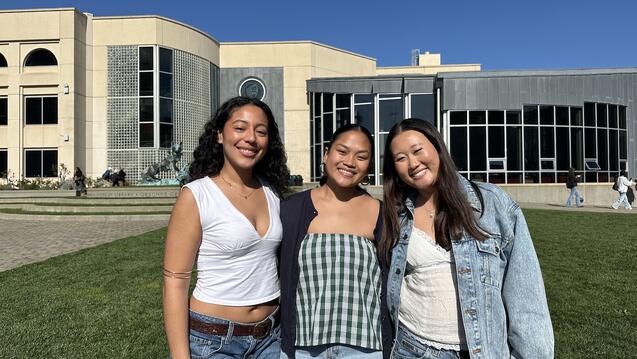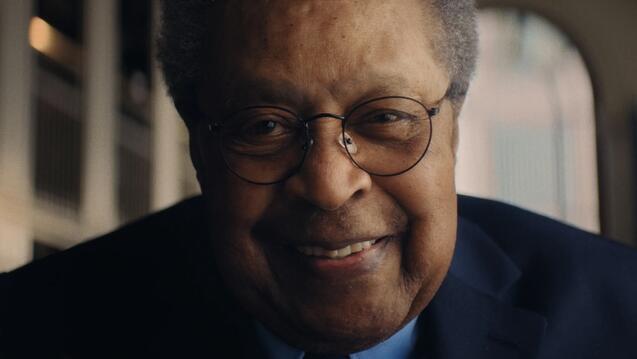"I'm Still in Shock"

Law professor Bill Ong Hing visited a border patrol processing center last month in Clint, Texas. Working as part of a legal team permitted to inspect the facility, he interviewed children being held there.
Tell us about the children you talked with.
I spoke with several teen mothers, plus eight boys and girls ranging from ages 5 to 15.
Can you describe how they’re doing?
The children were unbathed and dirty. Their clothes reeked; their hair was unwashed. Many of the children in the facility had the flu. Two infants were so sick — vomiting, fever, diarrhea — that they were rushed to the hospital for emergency care. Everyone received the same meals day after day that contained no vegetables or fruits. The meals were no different for nursing mothers.
Some children reported that they were allowed to go outside and play daily for about 30 minutes. Others said they were allowed to go outside only every two or three days.
So these children are there without parents or guardians?
Yes. Children as young as 3 and 4 had been separated from a parent, aunt, or uncle at the border. One 6-year-old girl, who was alone without any siblings, began crying in the middle of the interview. She had been separated from an aunt at the border by U.S. Customs and Border Protection officials days earlier. As she cried, the attorney working with her took her by the hand and walked her over to a teen detainee who was holding a 2-year-old. It turned out that the teen girl — who was not a mother — had been comforting the toddler and the 6-year-old for days out of a sense of kindness.
The children cried. I teared up. I saw another 2-year-old left to take care of herself. I’m still in shock.
What is the U.S.’s obligation to these children?
Because these children are minors, they are not supposed to be held by border patrol officials for more than 72 hours. However, the team met many children who had been detained for two to three weeks. More than 350 children were held at the Clint facility while I was there.
You oversee the Immigration and Deportation Defense Clinic at USF, which provides legal assistance to the growing number of unaccompanied minors crossing the border into California. And recently, USF created a new law clinic, the Immigration Policy Clinic. Can you talk about how it helps people?
The Immigration Policy Clinic analyzes changes to immigration policy and prepares resources for those affected. Law students focus primarily on policy advocacy, research, and writing, and they work with clients suffering post traumatic stress. Students also conduct Know Your Rights presentations throughout the Bay Area. They've also developed immigration conversation strategies for children in families with deportable members, engaged in legislative advocacy on behalf of the DREAM Act, and assisted in research on class-action lawsuits filed by Centro Legal De La Raza, ACLU, and the Catholic Legal Immigration Network.
So what's next for the children in that facility in Texas?
The interviews that I collected are now being used in negotiations with the U.S. Department of Justice to close down the facility.


